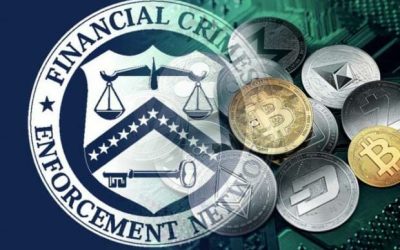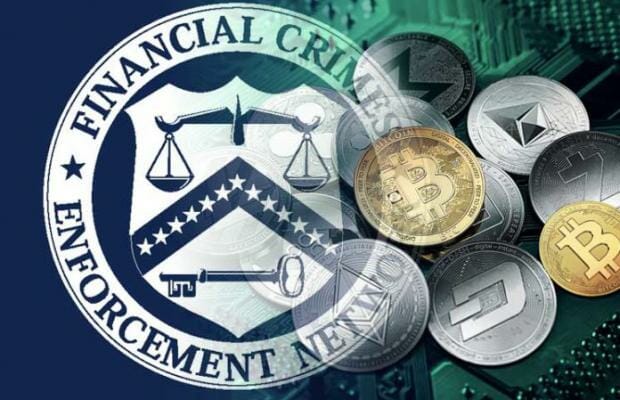Business Continuity After Fraud: How to Recover and Build a Foundation for Success
Has your business recently faced difficulties due to a fraudster, money laundering, or other criminal activity? Whether your experience stems from a failure to comply with existing AML legislation or from overlooked vulnerabilities in your current KYC or KYB protocols, knowing how to build the best path forward after a fraud case is essential to long-term success.
At iComply, we know that the standards for compliance are ever-shifting within the financial market, and that tracking evolving rules and criminal activity can be tricky. In the first half of 2022 alone, the global market has seen over a billion dollars worth of AML fines handed out in North America and the UK alone. iComply knows the best way to avoid becoming one of these statistics is to be proactive in your operational processes and to be ready to adapt when necessary.
Below, we’ll discuss how you can begin the process of recovering after an experience with fraud and how you can set up your organization for a better, more secure future.
Why Fraud Happens
The business and financial services markets have had their share of fraudsters and criminal activities going back as long as you’re willing to dig. The unfortunate reality? Where there is room to profit legally, there’s often even more opportunity to capitalize and profit illegally. While there are countless methods and circumstances under which fraud, money laundering, terrorist funding, and other illicit activities occur, the biggest culprit is often a fundamental lack of protections in place for a business or institution.
Governing bodies like the FATF institute global mandates to attempt to prevent financial crime; however, without an active approach to compliance in place, holes in the safety net offered by such legislation begin to widen and leave everyone more vulnerable to damaging mistakes.
What to Do After Dealing With Fraud
The unfortunate reality is that sometimes, even with the best tools and practices in place, fraudsters do succeed. Regardless of legislative or financial repercussions, your organization should know how to recover from fraud and reset with better safeguards for the future. Should you need to regroup and move on, it’s important to start by:
Review (and Renew) KYC, KYB, CDD, and EDD Protocols
Know Your Customer (KYC), Customer Due Diligence (CDD), and Enhanced Due Diligence (EDD) are all designed to help safeguard against money laundering, counter-terrorism funding, and other financial crimes. In the absence of a trusted software platform like iComplyKYC and/or skilled in-house support equipped to assess and respond to threats accordingly, the effectiveness of your countermeasures suffers greatly. Taking the time to review what you currently have in place gives your team(s) the ability to earnestly reassess active safeguards, identify shortcomings, and refresh any weak areas so your organization doesn’t experience the same issues in the future.
Identify the REAL Problem
Whenever there is a breach of security, there are typically several factors that enabled that attack to succeed. In order to learn from mistakes and move forward, business leaders need to know exactly what happened. Take the time you need to get the full story. Did your software fail? Was it a user error or a manual review mistake? The more you know, the more you can understand what to address in the future and which key areas your organization can improve.
Educate and Prevent
The best approach to preventing criminal activity is to be as proactive as possible. Once you identify where to refocus your protective efforts, double down on educating your team members, making protocols and procedures as reliable and transparent as possible, and committing to consistent learning organization-wide as compliance standards continue to evolve.
Close the Door
In the aftermath of fraud, you’ll likely have quite a few loose ends that will need to be tied up before you can fully focus on revamping your KYC approach. Pay any fines as quickly as possible and/or pursue whatever you may need to in order to recoup any viable damages. Once you’re able to close this chapter fully, looking into the future will feel much more attainable for all parties involved.
Your Trusted Partner for Compliance: Meet iComplyKYC
iComply is proud to be a world leader when it comes to delivering KYC and financial crime compliance. Our team understands that staying on top of ever-evolving protocols is more than simply avoiding fines—it’s about using a system you can trust.
We offer businesses and institutions across North America and Europe a truly end-to-end KYC platform, with KYC onboarding and AML screening services for both individuals and legal entities. With a lightning-fast setup and various options to customize your unique needs, iComply is your trusted provider for digital KYC and CDD solutions.
Give yourself peace of mind and the reassurance of reliable, robust compliance by viewing our platform today! Discover how we do it by talking to our team today and booking a demo.
learn more
Is your AML compliance too expensive, time-consuming, or ineffective?
iComply enables financial services providers to reduce costs, risk, and complexity and improve staff capacity, effectiveness, and customer experience.
Request a demo today.
How a CISO Transformed Their AML Program to Meet BCFSA Requirements
Discover how a CISO at a credit union transformed KYB, KYC, and AML compliance to meet BCFSA standards. Learn how iComply’s holistic platform streamlined processes, reduced costs, enhanced security with edge computing, and improved member satisfaction.
How to do a KYC Refresh in Financial Services
Emily, a seasoned compliance officer, remembers the days when performing a KYC (Know Your Customer) refresh meant a mountain of manual work. Tasked with ensuring her financial services firm remained compliant with evolving regulations, Emily had to juggle stacks of...
Liveness Detection: The Key to Secure and Seamless Identity Verification
Liveness Detection: The Future of Identity Verification
Enhance security and streamline workflows with liveness detection. Learn how this technology is transforming identity verification and why businesses should move beyond outdated methods like selfie uploads and emailed IDs.








